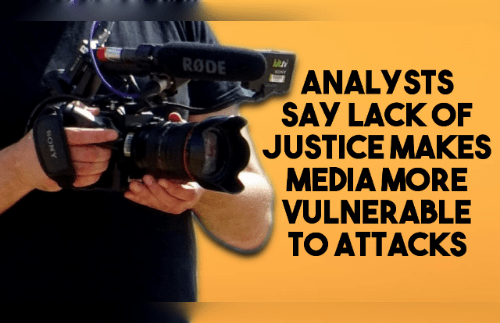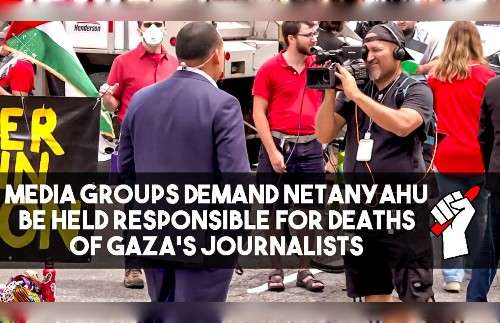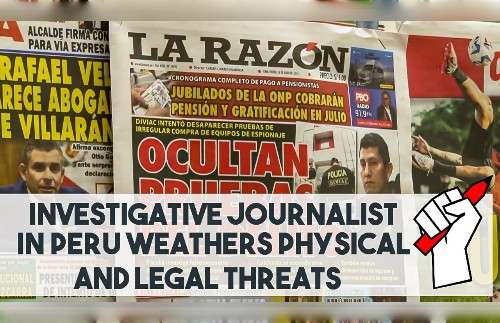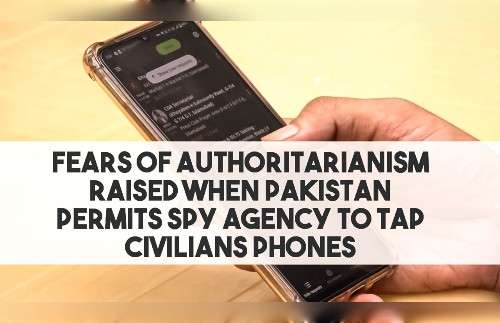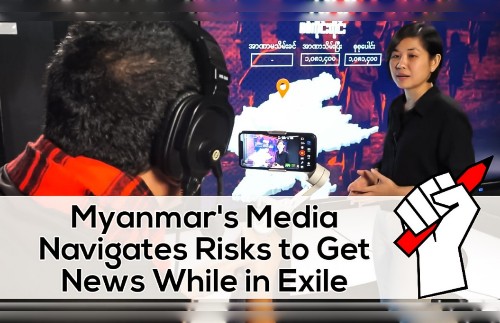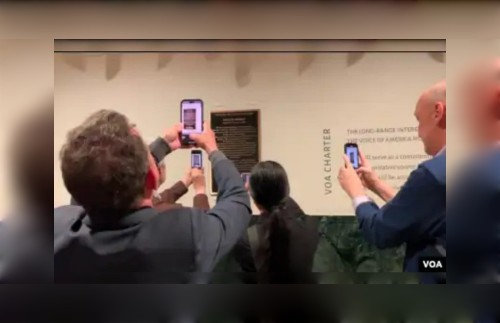
Reporters Without Borders (RSF) strongly condemns a sentence which can lead to a sentence of six years in prison, and which appears to be an extremely shocking judicial masquerade. The organization calls on the Philippine justice system to regain a semblance of credibility by dropping the charges on appeal.
The verdict fell this morning, like a cleaver. Chamber 46 of the Regional Court of Manila sentenced to a sentence, ranging from six months and one day to six years in prison, the journalist Maria Ressa , director and co-founder of the independent news site Rappler. Former site editor Reynaldo Santos Jr received the same conviction. The two journalists are going to appeal. They are found guilty of defamation in connection with an article which had been published in 2012, and this under a law on cybercrime which was however promulgated after the publication of the disputed information.
This legislation is not retroactive, the investigators of the National Bureau of Investigation had logically closed without follow-up the original complaint which aimed Rappler in February 2018. It was without counting on the administration of President Rodrigo Duterte, and more precisely the ministry of Justice, which ordered a new complaint on February 6, 2019 , alleging an alleged “continuous publication rule” .
“By pronouncing this particularly heavy sentence, at the end of a perfectly Kafkaesque procedure, the Philippine justice system shows its total lack of independence from the executive power , deplores Daniel Bastard, head of the Asia-Pacific office of RSF. This sentence bears the disastrous mark of President Duterte and his desire to eliminate any critical voice at all costs, through Rappler and the figure of Maria Ressa. We call on the Manila Court of Appeal to restore a semblance of credibility to the Filipino judicial system by setting aside this conviction at second instance. ”
Systematic harassment
The sentencing of Maria Ressa and Rappler is part of a policy of systematic judicial harassment carried out for more than two years by various government agencies. The news site, in its own name or in the name of its director, must thus respond to ten other similar complaintsaimed at intimidating its journalists, each more unfounded than the other.
Refusal of access to the presidential palace, threat of canceling the site’s license, accusations of tax evasion … The Philippine authorities will stop at will stop at nothing to put pressure on the site’s reporters, to the point of arbitrarily placing its director in detention , as this was the case in February 2019.
Last month, one of the only other media critical of power, the ABS-CBN network , the main audiovisual group in the archipelago, saw its operating license canceled . On the evening of May 5, its radio stations and television channels had to stop broadcasting after being put on notice by the Ministry of Justice, following an order issued by the National Telecommunications Commission of the Philippines.
A few months earlier, the fiery president Duterte had made expeditious threats against the group’s management : “If you think the license will be renewed, I’m sorry. I’ll make sure to fire you. ”
Falling seven places since 2017, the Philippines is 136th out of 180 countries in the 2020 World Press Freedom Rankings established by RSF.
Copyright ©2016, Reporters Without Borders. Used with the permission of Reporters Without Borders(RSF), CS 90247 75083 Paris Cedex 02 https://rsf.org
Escaping from Scam Center on Cambodia’s Bokor Mountain
UN Security Council Meets to Discuss Children and Armed Conflict
10 Shocking Revelations from Bangladesh Commission’s Report About Ex-PM Hasina-Linked Forced Disappearances
Migration Dynamics Shifting Due to New US Administration New Regional Laws
UN Security Council Meets to Discuss the Maintenance of International Peace and Security and Artificial Intelligence
Winter Brings New Challenges for Residents living in Ukraine’s Donetsk Region
Permanent Representative of Israel Briefs Press at UN Headquarters
Hospitals Overwhelmed in Vanuatu as Death and Damage Toll Mounts from Quake
Subscribe Our You Tube Channel
Fighting Fake News
Fighting Lies













